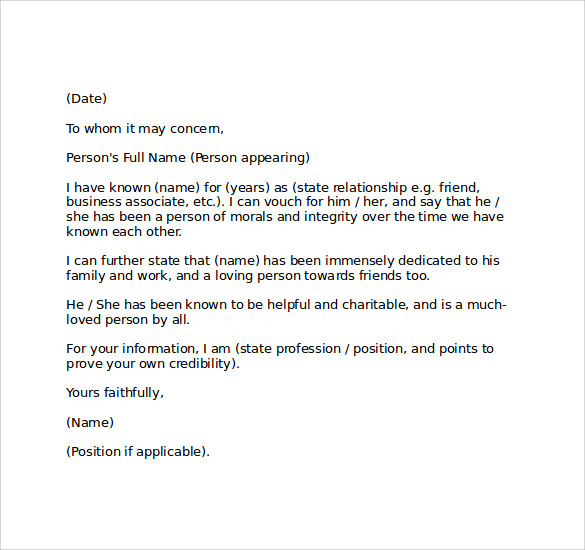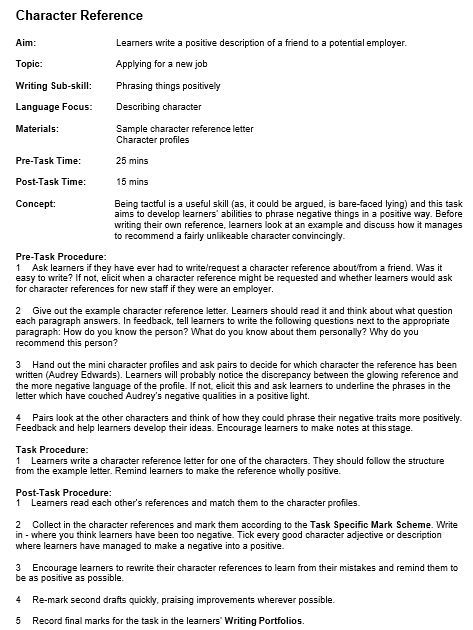
as evidence of specific instances of conduct. If used as circumstantial evidence, FRE 404(a)(1) renders inadmissible character evidence offered to prove that an individual acted "in accordance with" a character or trait "on a particular occasion." It lists several exceptions which apply depending on whether the proceeding is civil or criminal, whether the defense or prosecution is offering the character evidence, and what purpose it is being offered for.Ĭharacter evidence may be offered, depending on the type of proceeding, party offering, and purported purpose, explained below, in three forms: impeach or strengthen the credibility of a witnessĬharacter may be a substantive issue in defamation suits, in lawsuits alleging negligent hiring or negligent entrustment, in child custody cases, as well as in loss of consortium cases character evidence is thus admissible to prove the substantive issues that arise in these types of lawsuits. prove, through circumstantial evidence, an aspect of an individual's conductĬharacter evidence's admissibility as circumstantial evidence is influenced by the case's civil or criminal natureģ. prove character, if character is a substantive issue in the litigationĪdmissibility of character evidence to prove character is not affected by the case's civil or criminal natureĢ. #Character witness letter court trial#
In the United States, character evidence may be offered at trial to:ġ.
the type of proceeding ( civil or criminal) in which the character evidence is offered. 
the form in which the character evidence is offered.

the purpose for which the character evidence is being used.Three factors typically determine the admissibility of character evidence:

In the United States, Federal Rule of Evidence 404 maps out its permissible and prohibited uses in trials. ( October 2013) ( Learn how and when to remove this template message)Ĭharacter evidence is a term used in the law of evidence to describe any testimony or document submitted for the purpose of proving that a person acted in a particular way on a particular occasion based on the character or disposition of that person. You may improve this article, discuss the issue on the talk page, or create a new article, as appropriate. The examples and perspective in this article deal primarily with the United States and do not represent a worldwide view of the subject.







 0 kommentar(er)
0 kommentar(er)
